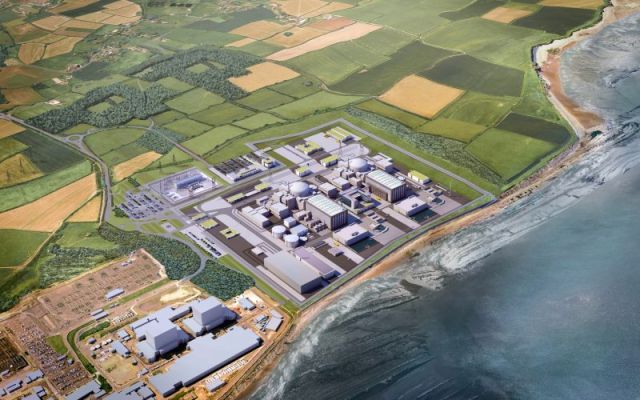-
Tips for becoming a good boxer - November 6, 2020
-
7 expert tips for making your hens night a memorable one - November 6, 2020
-
5 reasons to host your Christmas party on a cruise boat - November 6, 2020
-
What to do when you’re charged with a crime - November 6, 2020
-
Should you get one or multiple dogs? Here’s all you need to know - November 3, 2020
-
A Guide: How to Build Your Very Own Magic Mirror - February 14, 2019
-
Our Top Inspirational Baseball Stars - November 24, 2018
-
Five Tech Tools That Will Help You Turn Your Blog into a Business - November 24, 2018
-
How to Indulge on Vacation without Expanding Your Waist - November 9, 2018
-
5 Strategies for Businesses to Appeal to Today’s Increasingly Mobile-Crazed Customers - November 9, 2018
Britain approves Hinkley Point nuclear deal
Jean-Bernard Lévy, EDF CEO said “The decision of the British Government to approve the construction of Hinkley Point C marks the relaunch of nuclear in Europe”.
Advertisement
One of Downing Street’s prime concerns was over the security implications of allowing China to take such a large stake in a critical infrastructure project.
The government has given controversial plans to develop the Hinkley Point C nuclear power station the green light, six weeks after unexpectedly placing the project under review following concerns that the role of China’s state-owned China General Nuclear Power Group could put United Kingdom national security at risk. The government said it would take a “special share” in all future nuclear new construction projects to ensure that significant stakes can not be sold without its consent.
Greg Clark, the Business, Energy and Industrial Strategy Secretary, said the plant was an “important upgrade” to Britain’s energy infrastructure and a “major step forward for our nuclear power programme”.
Juliet Davenport, chief executive of independent renewable energy supplier Good Energy, said: “The decision to go ahead with Hinkley C is a bad move”.
But Clark’s ministry explained the government was taking steps to ensure it could intervene to stop any sale of EDF’s stake and to give the government more control over future nuclear projects. This agreement will be confirmed in an exchange of letters between the Government and EDF. The first is that China will not be able to take a full stake in Hinkley, once operational, without government intervention.
Critics of the deal have warned of escalating costs and the implications of nuclear power plants being built in the United Kingdom by foreign governments.
The news rattled Paris, too, which was already having to shore up state-owned EDF after its nuclear partner Areva fell into financial difficulties. This will include a review of the public interest regime in the Enterprise Act 2002 and the introduction of a cross-cutting national security requirement for continuing Government approval of the ownership and control of critical infrastructure.These changes will bring Britain’s policy framework for the ownership and control of critical infrastructure into line with other major economies.
Theresa May has approved the building of the Hinkley Point nuclear reactor in Somerset, according to French officials.
He added that the project “heralds and economic renaissance for the West Country” and create “positive ripple effects” to the United Kingdom supply chain.
The comments were made despite reports that it would be given the green light this week.
Advertisement
Shortly after the UK’s decision to review the US$24 billion (18 billion pound) project, news broke that the Chinese firm involved in Hinkley Point’s construction, CGN, was under investigation in the United States for espionage.





























